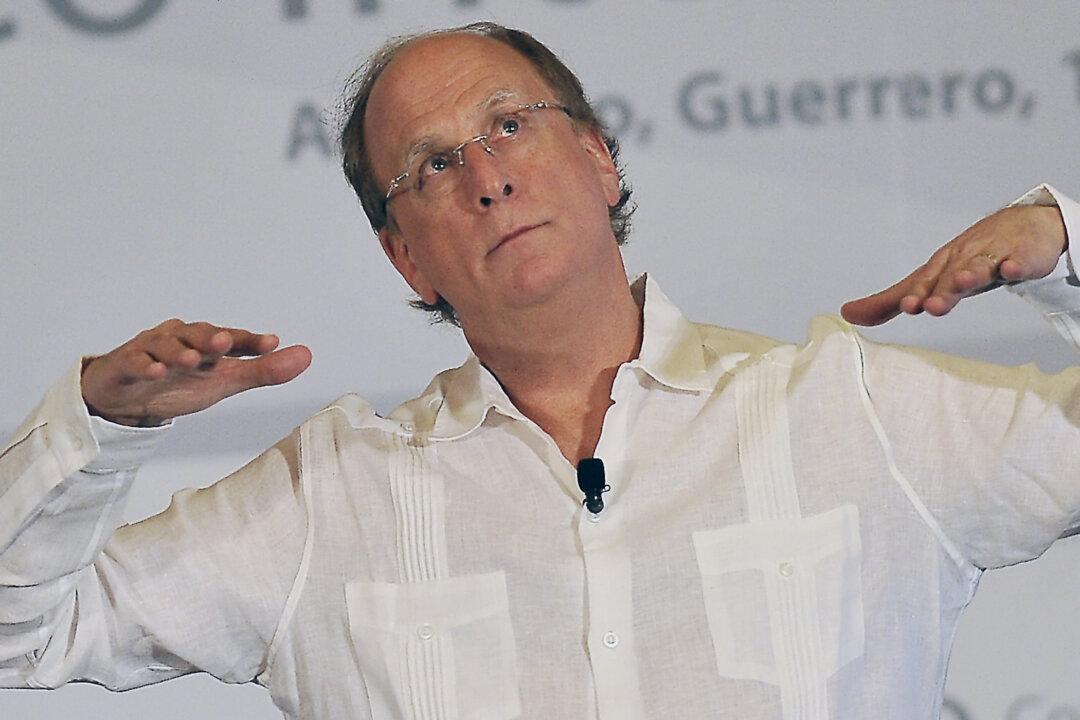News analysis
Many Americans are keenly aware of the influence of transnational conglomerates clustered under monikers like “Big Oil”, “Big Tech”, and “Big Pharma.”


Many Americans are keenly aware of the influence of transnational conglomerates clustered under monikers like “Big Oil”, “Big Tech”, and “Big Pharma.”